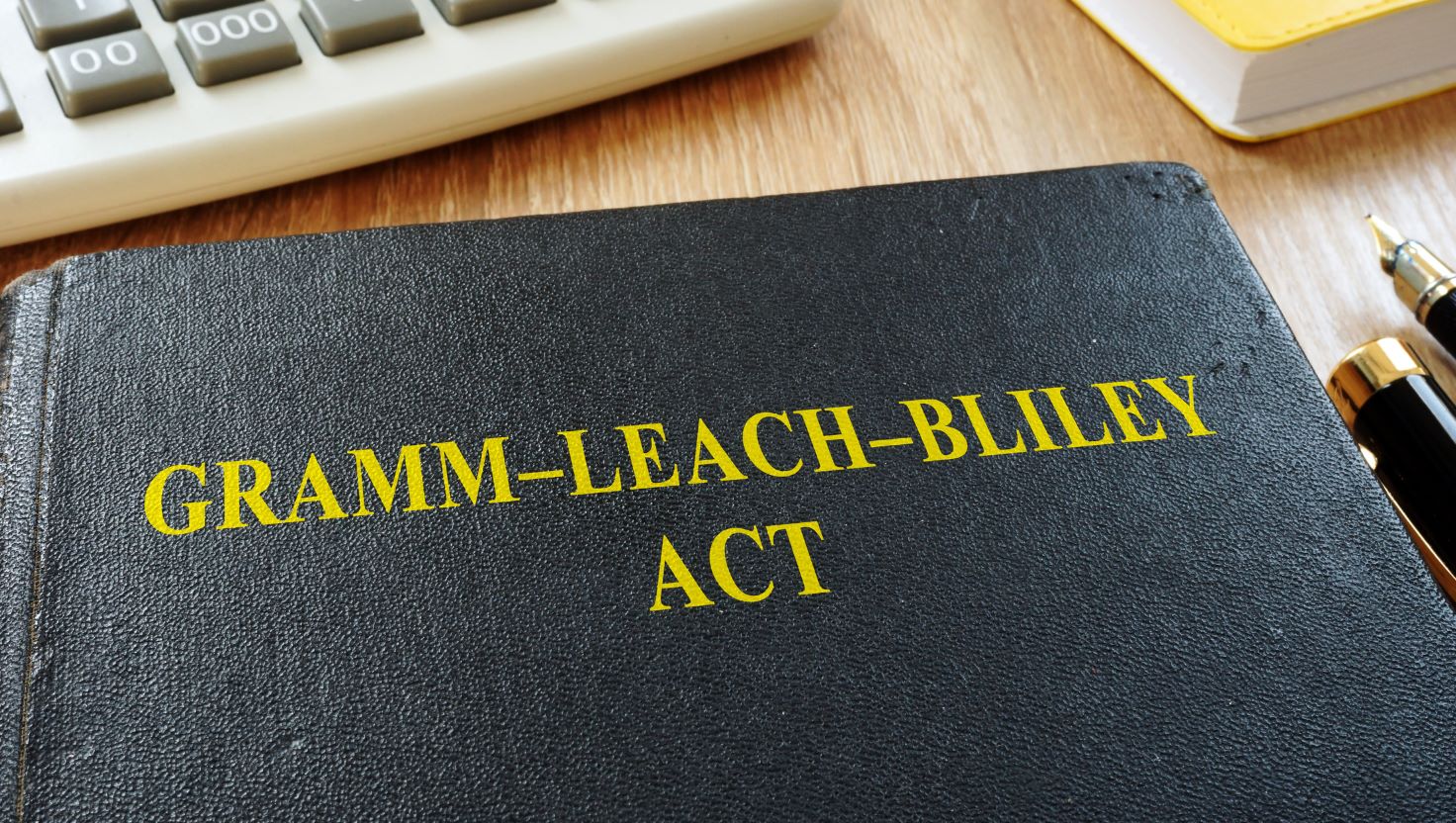Understanding HIPAA, GLBA & Other Regulations in Legal Mailings

In the legal industry, precision and confidentiality are non-negotiable. When mailing sensitive documents such as financial records, healthcare disclosures, or court notices, legal professionals must ensure every piece of communication complies with complex and overlapping data privacy laws.
At the center of secure legal mailings are key federal regulations like HIPAA and GLBA—along with an evolving landscape of state-specific data protection laws. Failing to follow these rules can result in financial penalties, damaged client trust, and legal liability.
Why Compliance Matters in Legal Mailings
Mail remains a critical communication method for law firms, insurance companies, and courts. From class action notices to settlement letters and medical record subpoenas, mailed legal documents often contain personally identifiable information (PII) or protected health information (PHI). Ensuring the privacy and security of that data is not just ethical—it’s the law.
Key Regulatory Frameworks Governing Legal Mail
HIPAA (Health Insurance Portability and Accountability Act)
HIPAA applies to legal documents that contain PHI or are sent on behalf of or in collaboration with a healthcare provider. Common examples include:
- Medical record subpoenas
- Notices regarding medical settlements or insurance claims
- Correspondence with healthcare entities about litigation
HIPAA requires covered entities and their business associates to implement safeguards that protect PHI during storage and transmission, including through physical mail.
GLBA (Gramm-Leach-Bliley Act)
GLBA affects legal professionals who deal with financial institutions or represent clients in banking, insurance, or lending matters. The act requires organizations to protect consumers’ private financial data and restrict how it’s shared and communicated.
Mailings governed by GLBA may include:
- Consumer loan documents
- Investment account notifications\
- Financial litigation notices
Failure to comply with GLBA can result in steep fines and reputational harm.
State Privacy Laws
States such as California (CCPA/CPRA), New York (SHIELD Act), Virginia (VCDPA), and Colorado (CPA) have enacted privacy laws that add further obligations for how businesses handle personal data. These rules often apply even when businesses operate across state lines.
Legal professionals must navigate overlapping federal and state regulations, ensuring their mailings meet the strictest applicable standards.
How Lineage Ensures Regulatory Compliance
Lineage offers secure, audit-ready print and mail services designed specifically for industries that require the highest levels of confidentiality and regulatory compliance.
Secure Handling of Sensitive Data
- All data is encrypted in transit and at rest.
- Access is restricted via role-based permissions and secure FTP protocols.
- Chain-of-custody documentation ensures transparency and traceability at every step.
Accuracy in Assembly
- Advanced document matching and integrity checks prevent errors such as cross-mailing or misdelivery.
- Barcode scanning, double verification, and automation reduce human error.
Compliance Documentation & Audit Support
- Proof of mailing and delivery tracking is available for all pieces.
- Regulatory documentation and audit logs help your legal team stay prepared for inquiries and reviews.
When to Use a Secure Mail Partner
If your firm or organization handles high volumes of legal mail containing PII, PHI, or financial data, working with a secure mailing partner like Lineage is a smart investment. We stay ahead of changing regulations, manage sensitive workflows, and provide the infrastructure to ensure every mailing is accurate, compliant, and on time.
Compliance in legal mailings is complex, but with the right processes and partners, it doesn’t have to be overwhelming. Let Lineage help you simplify compliance—while protecting your clients, your reputation, and your bottom line.
